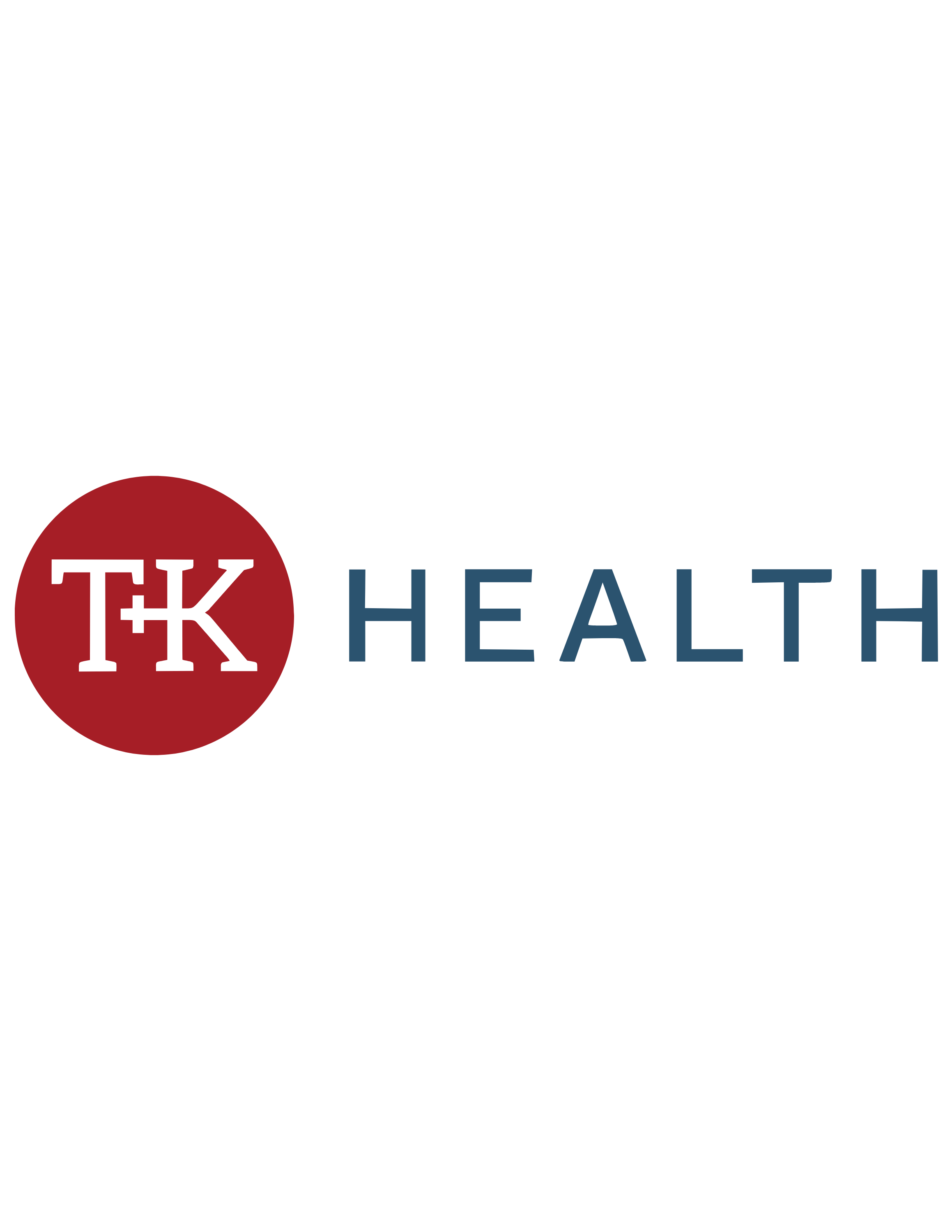We have fewer Registered Nurses (RNs) in the U.S. than nursing positions to fill — by a lot. A study by the Health Resources and Services Administration projected the need for about 80,000 more nurses than are available this year alone.
This shortage isn’t going away any time soon. The U.S. Bureau of Labor projects that the need for RNs is growing 6% faster than other professions, leading to an ongoing demand for qualified professionals.
So, what does this nurse shortage mean for those of us in correctional healthcare? It means we have to find creative solutions for how to fix the nurse shortage. At TK Health, we believe we’ve done just that.
What’s Causing the Nurse Shortage?
As with many things, the nurse shortage has no single cause. A combination of factors is creating a perfect storm.
Factors driving the nurse shortage include:
- Aging Workforce. Many experienced nurses and nursing educators are reaching retirement age, leaving gaps in healthcare organizations and nursing training. It’s estimated that more than a million nurses will retire by 2030.
- Limited Nursing School Capacity. Nursing programs are facing a shortage of faculty, clinical training sites, and resources. In just one year, U.S. nursing schools turned away 65,766 qualified applicants because of resource constraints.
- Burnout and Job Dissatisfaction. High patient loads, long hours, and emotionally demanding work have led to record levels of burnout among nurses. Nearly 900,000 RNs, or almost one-fifth of the workforce, intend to leave the profession by 2027, according to a study from the National Council of State Boards of Nursing.
How the Nurse Shortage Impacts Correctional Healthcare
The nurse shortage affects all areas of healthcare, but it’s particularly challenging for correctional healthcare, where nurses provide constitutionally mandated medical care for incarcerated people.
The nurse shortage can make it challenging to fill open positions at correctional facilities, especially in rural locations. It creates a cycle where we struggle to attract and retain nurses who can pick and choose between a myriad of professional opportunities, many of which may be less emotionally taxing and closer to home.
Not having enough nurses to fill positions can also increase workloads among those nurses already working in correctional healthcare. A nurse shortage may mean correctional nurses must take on heavier workloads or more demanding schedules, leading to higher stress levels, job dissatisfaction, and nursing burnout. These challenges may result in correctional nurses leaving the profession, further compounding staffing concerns.
How to Fix the Nurse Shortage in Correctional Healthcare
Of course, these problems aren’t unique to correctional healthcare. That’s why wide-scale efforts are being made to address the national nurse shortage. These efforts include expanding nursing education, offering financial incentives, and improving retention in the field. But in the meantime, it’s up to individual healthcare organizations to fill the gaps.
As a leader in correctional healthcare, TK Health felt it was our responsibility to explore creative ways to address the nurse shortage in correctional facilities. We actively recruit nurses to jails throughout the region and attempt to create a favorable working environment through competitive salaries, job flexibility, executive support, and advancement opportunities.
But, we believe the real key to addressing the RN shortage is employing Licensed Practical Nurses (LPNs) to provide essential nursing care under the supervision of RNs and/or physicians. These LPNs have a nursing certificate from an accredited LPN training program and have passed the National Council Licensure Examination for Practical Nurses. They provide a full range of nursing duties, and they have direct access to an RN and physician if an issue arises and they need a more seasoned expert opinion.
At TK Health’s partner facilities, LPNs are pulling major weight. They’re also getting hands-on training and expanding their own expertise.
And TK Health isn’t the only organization recognizing LPNs as a potential stopgap for the nurse shortage. Research found that using LPNs also proved vital in acute care.
“Innovative solutions are needed to support staff and ensure comprehensive patient care. Every healthcare team should examine their roles and responsibilities to determine if there are tasks that could be done by another individual,” the study reads.
“Given today’s healthcare climate, nurse leaders should consider implementing the RN/LPN care team model… as a potential staffing and patient-care solution.”
We believe this care team model is also effective in correctional healthcare and have been using it for years. To learn more about how TK Health is solving the nurse shortage in correctional health through a medical team approach, download our e-book, Addressing the Nurse Shortage in Correctional Healthcare.

